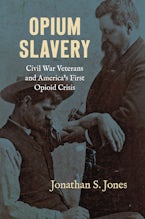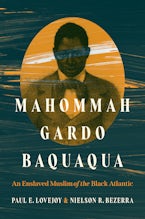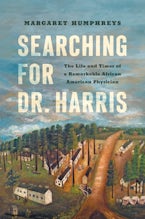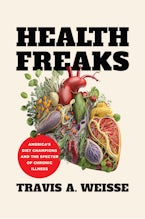The Inquisition, the Enlightenment, and madness meet in a colonial Mexican hospital
A rebellious Indian proclaiming noble ancestry and entitlement, a military lieutenant foreshadowing the coming of revolution, a blasphemous Creole embroiderer in possession of a bundle of sketches brimming with pornography. All shared one thing in common. During the late eighteenth century, they were deemed to be mad and forcefully admitted to the Hospital de San Hipólito in Mexico City, the first hospital of the New World to specialize in the care and custody of the mentally disturbed.
Christina Ramos reconstructs the history of this overlooked colonial hospital from its origins in 1567 to its transformation in the eighteenth century, when it began to admit a growing number of patients transferred from the Inquisition and secular criminal courts. Drawing on the poignant voices of patients, doctors, friars, and inquisitors, Ramos treats San Hipólito as both a microcosm and a colonial laboratory of the Hispanic Enlightenment—a site where traditional Catholicism and rationalist models of madness mingled in surprising ways. She shows how the emerging ideals of order, utility, rationalism, and the public good came to reshape the institutional and medical management of madness. While the history of psychiatry’s beginnings has often been told as seated in Europe, Ramos proposes an alternative history of madness’s medicalization that centers colonial Mexico and places religious figures, including inquisitors, at the pioneering forefront.











